Slovenia goes to polls
Parliamentary elections are taking place today in Slovenia, with the final result expected to go the wire.
Sunday, 21.09.2008.
12:07

Parliamentary elections are taking place today in Slovenia, with the final result expected to go the wire. Over 1.65 million people are registered to vote at the elections, the fifth since Slovenia gained independence. Slovenia goes to polls Voting began at 07.00 CET and will run until 19.00 CET in 3,314 polling stations, and voters will have 15 party lists to choose from, with 1,172 candidates fighting it our for the 88 seats in the Slovenian parliament. Other than regular polling stations, 60 special stations have also been opened, where disabled people will be able to register their vote. These include 20 stations kitted out with the latest electronic equipment. Citizens will be able to vote by touching a screen using a special joystick, while the visually impaired will be able to vote using a specially-designed touch device. According to the latest opinion polls, a very close battle is expected, with the two main parties—the center-right Slovenian Democratic Party of incumbent Prime Minister Janez Jansa and the left-wing Social Democrats led by Borut Pahor—almost neck and neck. After Jansa’s party won the last parliamentary ballot and formed a government, the Social Democrats performed better at the local elections in 2006, and then a year ago repeated that success when left-wing candidate Danilo Turk won the presidential election. Other than the likelihood of a close result, opinion polls thus far have shown that many people are still undecided, as many as 60 percent at the start of the year, though that figure has since fallen to 46 percent. Slovenian politicians also highlight the looming post-election mathematics, which could prove particularly problematic for Jansa, as the minority parties that supported the last government are in serious danger of missing the census. Meanwhile, the three leftist parties recently formed a pre-election coalition supported by former President Milan Kucan and Ljubljana Mayor Zoran Jankovic. The election campaign was given added spice by the revelations in a program on Finnish TV, which alleged that the Slovenian prime minister had accepted a bribe when cutting an arms deal with the Finnish Patria company. As a result, the focus of the Slovenian election campaign has been primarily on whether this was a case of gross corruption or a left-wing conspiracy. Whether this scandal, which is now being tackled by Finnish investigators, has had a decisive affect on Slovenian voters will not be known until after the election results are released.
Slovenia goes to polls
Voting began at 07.00 CET and will run until 19.00 CET in 3,314 polling stations, and voters will have 15 party lists to choose from, with 1,172 candidates fighting it our for the 88 seats in the Slovenian parliament.Other than regular polling stations, 60 special stations have also been opened, where disabled people will be able to register their vote. These include 20 stations kitted out with the latest electronic equipment. Citizens will be able to vote by touching a screen using a special joystick, while the visually impaired will be able to vote using a specially-designed touch device.
According to the latest opinion polls, a very close battle is expected, with the two main parties—the center-right Slovenian Democratic Party of incumbent Prime Minister Janez Janša and the left-wing Social Democrats led by Borut Pahor—almost neck and neck.
After Janša’s party won the last parliamentary ballot and formed a government, the Social Democrats performed better at the local elections in 2006, and then a year ago repeated that success when left-wing candidate Danilo Turk won the presidential election.
Other than the likelihood of a close result, opinion polls thus far have shown that many people are still undecided, as many as 60 percent at the start of the year, though that figure has since fallen to 46 percent.
Slovenian politicians also highlight the looming post-election mathematics, which could prove particularly problematic for Janša, as the minority parties that supported the last government are in serious danger of missing the census.
Meanwhile, the three leftist parties recently formed a pre-election coalition supported by former President Milan Kučan and Ljubljana Mayor Zoran Janković.
The election campaign was given added spice by the revelations in a program on Finnish TV, which alleged that the Slovenian prime minister had accepted a bribe when cutting an arms deal with the Finnish Patria company.
As a result, the focus of the Slovenian election campaign has been primarily on whether this was a case of gross corruption or a left-wing conspiracy.
Whether this scandal, which is now being tackled by Finnish investigators, has had a decisive affect on Slovenian voters will not be known until after the election results are released.





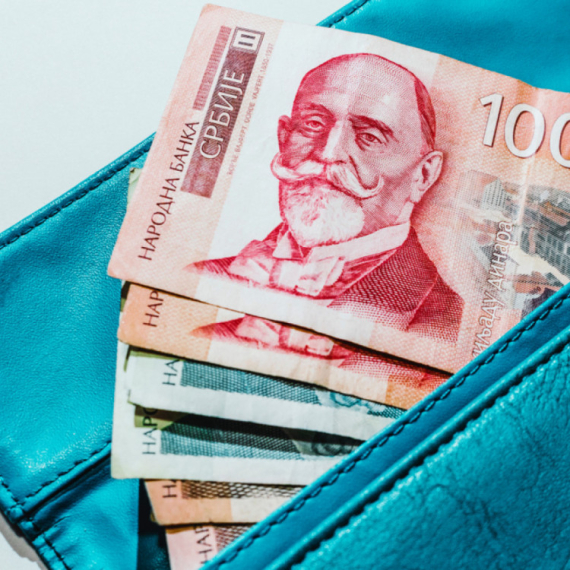






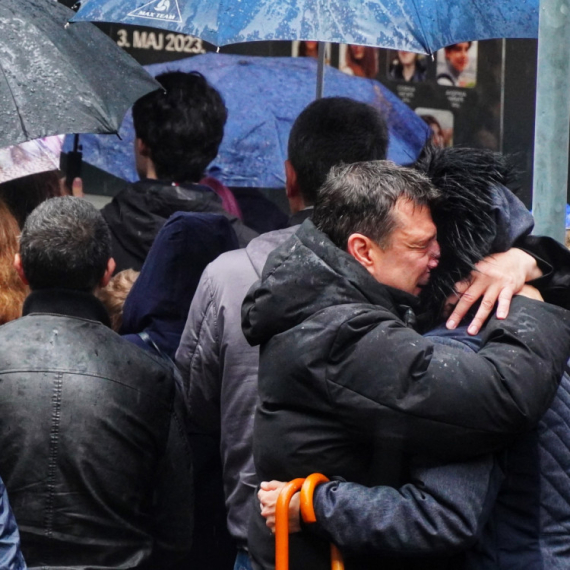



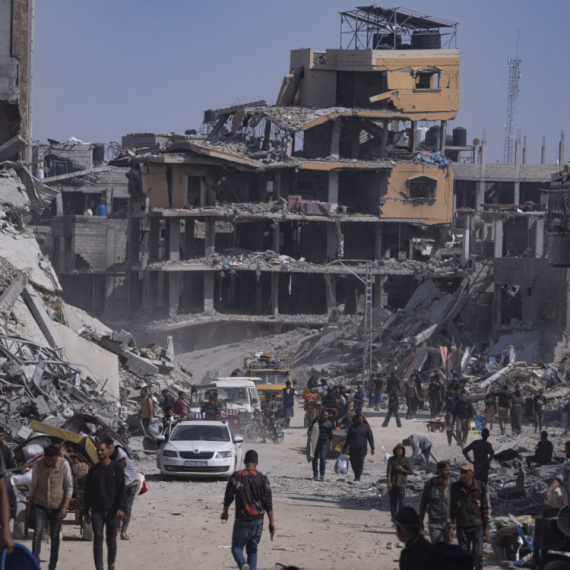

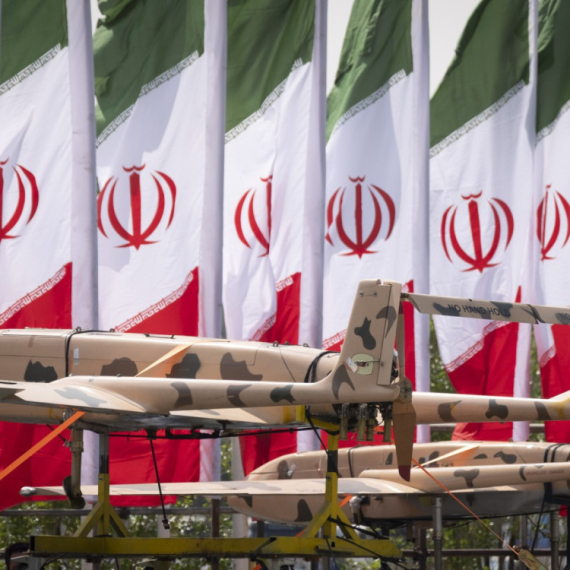


























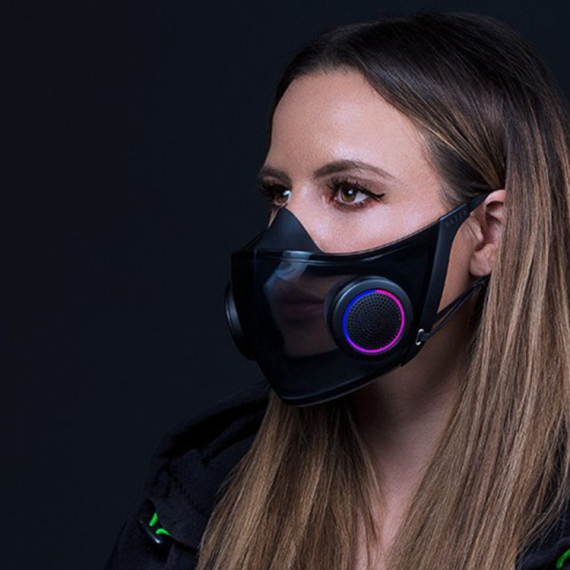


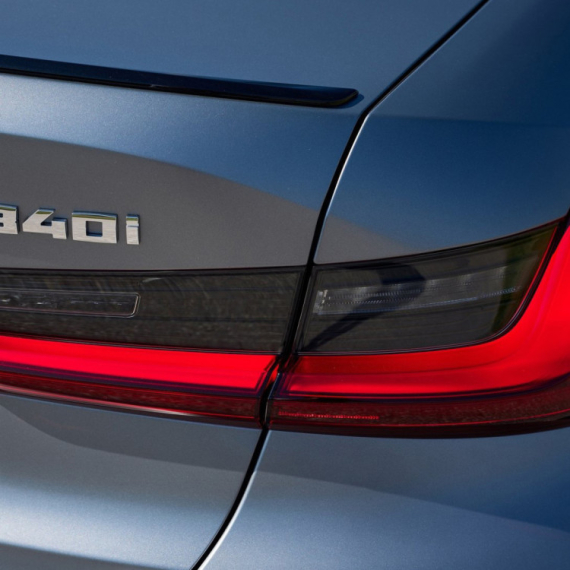



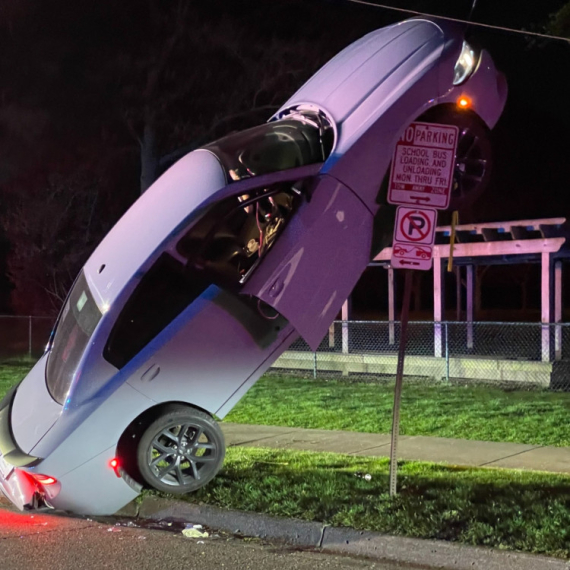
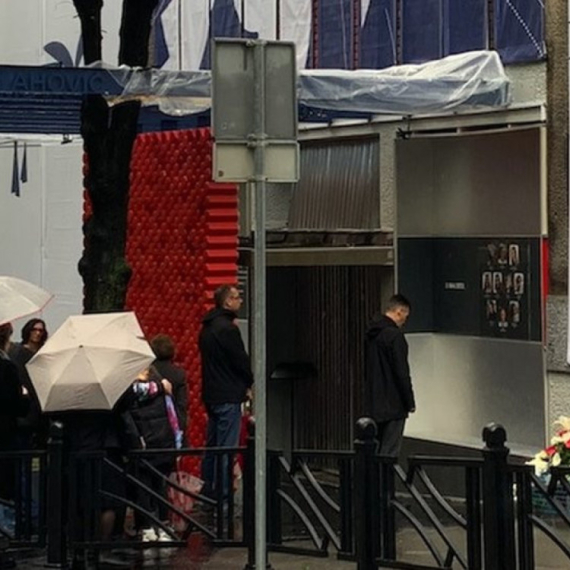
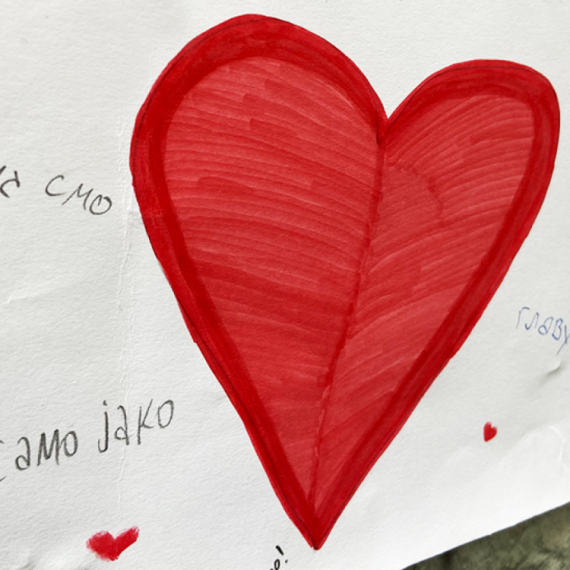




Komentari 0